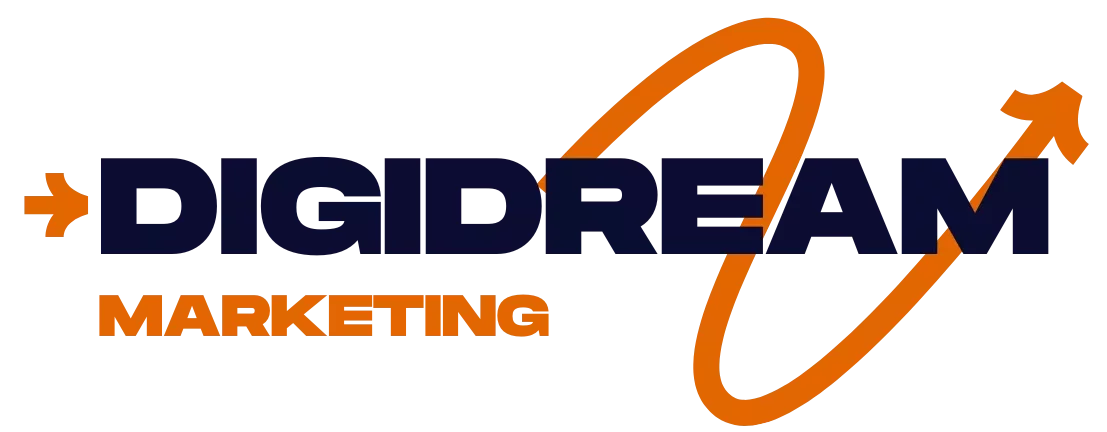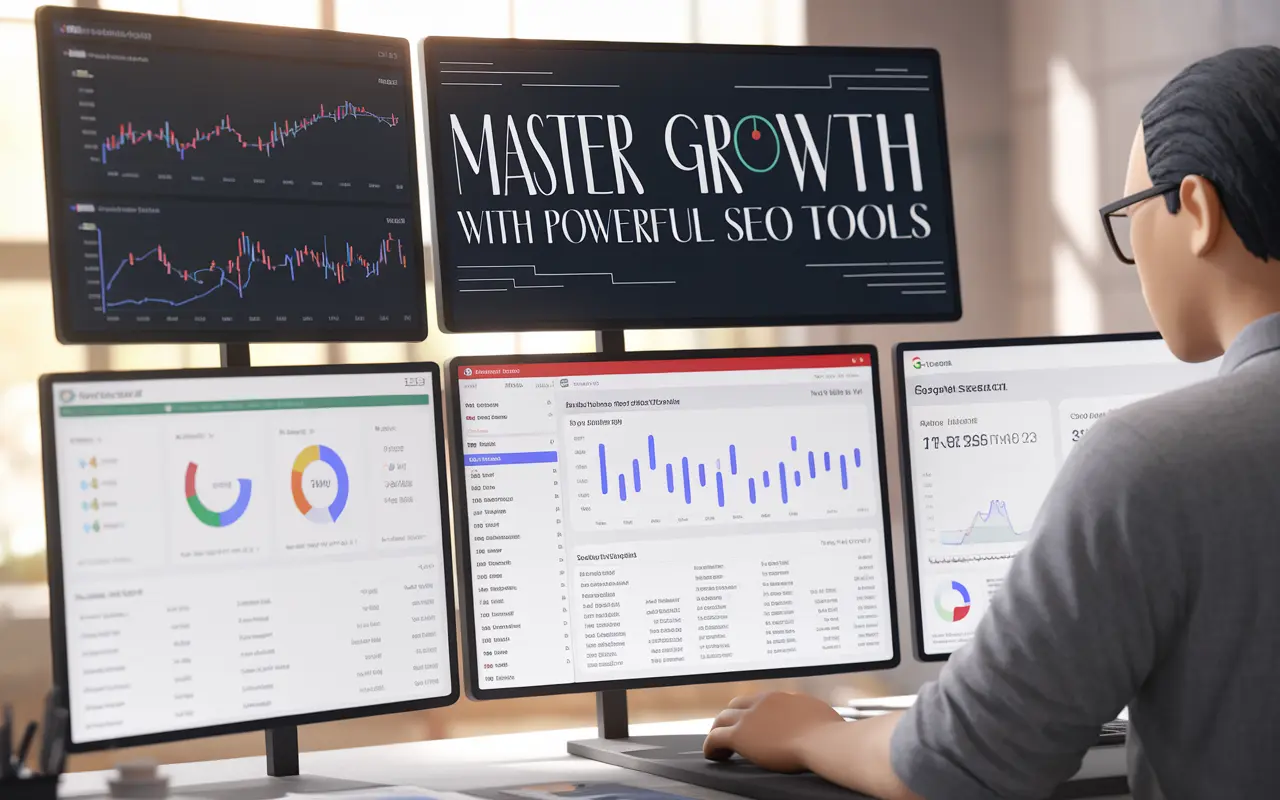What is SEO Tools
SEO Tools are essential digital instruments used by marketers, webmasters, and SEO professionals to monitor, analyze, and improve a website’s visibility on search engines like Google. These tools cover a wide array of functionalities such as keyword research, backlink checking, technical SEO audits, rank tracking, and content optimization. Understanding how to properly use SEO Tools is essential to building an effective SEO strategy and maintaining long-term success in organic search visibility.
Across various aspects of SEO—from Technical SEO to On-Page and Off-Page efforts—SEO Tools play an indispensable role in building a scalable SEO foundation. For businesses, they offer invaluable insights that translate into real-world ROI by helping attract high-intent traffic, reduce bounce rates, and improve user engagement.
Definition
SEO Tools are software platforms or features designed to help analyze, optimize, and monitor websites in order to improve their rankings in search engine results. These tools assist with auditing website content, uncovering technical errors, tracking keyword performance, evaluating backlink profiles, and researching competitors. Some tools are all-in-one SEO suites (like Ahrefs or SEMrush), while others specialize in specific tasks such as Google’s PageSpeed Insights for speed optimization or Yoast SEO for WordPress-based on-page SEO.
Key Takeaway
SEO Tools are vital for successful optimization strategies, offering insights and automation that streamline analysis, improve rankings, and boost organic traffic effectively.
Importance for SEO
SEO Tools are critical components of any successful SEO campaign. They streamline the process of discovering and fixing issues, optimize content for target keywords, and provide actionable insights into your website’s performance. These tools allow businesses to make data-driven decisions and track the effectiveness of their SEO strategies in real-time. They support informed digital marketing strategies, helping companies achieve higher search engine rankings, increase conversions, and boost revenue. Learn more about SEO fundamentals on our SEO learning page.
Best Practices
- Leverage Multiple Tools: No single tool does everything. Use a combination such as Google Search Console, SEMrush, and Screaming Frog to get a comprehensive view.
- Automate Reporting: Use SEO tools with automated reporting features to monitor progress without manual efforts.
- Regular Audits: Conduct monthly site audits with tools like Ahrefs or Sitebulb to identify and resolve technical issues.
- Keyword Tracking: Use rank tracking tools like SERPWatcher or Moz Pro to monitor keyword performance over time.
- Competitor Analysis: Analyze competitors’ backlinks, keyword gaps, and content strategies with tools like SEMrush Competitive Research Tool.
- On-Page Optimization: Use tools like Yoast SEO or Surfer SEO to optimize content readability, focus keywords, and internal linking structure.
- Backlink Monitoring: Track backlinks for authority and toxicity using Majestic or Monitor Backlinks.
How SEO Tools Works
SEO Tools function through data collection, analysis, and reporting mechanisms. Here’s a closer look at how they operate:
1. Data Crawling & Indexing
Tools like Screaming Frog simulate how a search engine bot crawls a website. They identify broken links, incorrect redirects, missing metadata, and content duplication issues.
2. Data Analysis
Once data is collected, tools like Google Analytics or Ahrefs process that data to provide insights on organic traffic, keyword rankings, bounce rates, and more.
3. Reporting & Alerts
Many SEO Tools come with dashboards and alert systems, enabling real-time monitoring of issues such as ranking drops, indexing problems, or crawl errors to avoid traffic losses instantly.
Real Case: Leveraging SEO Tools to Boost Organic Traffic
Problem: A Declining Organic Search Visibility
A mid-sized online furniture store experienced a 30% drop in organic traffic over 3 months. They were unsure of the reasons and lacked the in-house technical knowledge to diagnose the issue.
Solution: Implemented Comprehensive SEO Tools
They integrated tools like SEMrush for keyword tracking, Screaming Frog for technical audits, and Google Analytics + Search Console for traffic and crawl diagnostics. The combination allowed them to identify slow-loading pages, missing ALT texts, and keyword cannibalization.
Results: 45% Surge in Organic Traffic Within 90 Days
Post-fix, the site saw a 45% increase in organic visits, a 28% improvement in average keyword rankings, and improved CTR from updated meta tags. Their bounce rate dropped by 15% due to better on-page experience informed by SEO Tools.
Common Mistakes to Avoid
- Using Tools Without Strategy: Relying solely on SEO tools without understanding your goals can lead to disjointed efforts.
- Ignoring Data Interpretation: Data from SEO tools needs human insight. Misinterpretation can lead to poor decisions.
- Focusing Only on Rankings: Don’t use SEO Tools to obsess only over rankings. Also track conversions, engagement, and UX.
- Not Updating Tool Settings: Tools need correct configurations — e.g., right geographical targeting, correct sitemap submission, etc.
Related Terms
Explore related SEO glossary terms to deepen your understanding:
- SEO Audit: A comprehensive review using SEO Tools to analyze your site’s technical health, content performance, and backlink profile.
- On-Page SEO: Optimization that SEO Tools enable through content, keyword usage, tags, and internal links.
- Technical SEO: Back-end optimization tracked through tools like Screaming Frog and Google Search Console.
Conclusion
SEO Tools are indispensable assets for anyone involved in digital marketing and SEO. They offer clarity, efficiency, and measurable insights that support informed decisions and bigger ROI. Embracing and mastering these tools can dramatically improve your site’s performance and visibility. Start incorporating SEO Tools into your strategy or explore our SEO learning resources to grow your organic search presence.
| SEO Tool | Primary Function | Best Used For |
|---|---|---|
| Google Search Console | Site Performance & Indexing | Monitoring search impressions & fixing crawl issues |
| Ahrefs | Backlink & Keyword Analysis | Assessing competitors & identifying content gaps |
| Screaming Frog | Crawling & Technical Audits | Finding broken links, duplicate content, and redirects |
| Yoast SEO | Content & On-Page Optimization | WordPress-based metadata and readability checks |
| Google Analytics | Traffic Analysis | User behavior, bounce rates, session duration |






